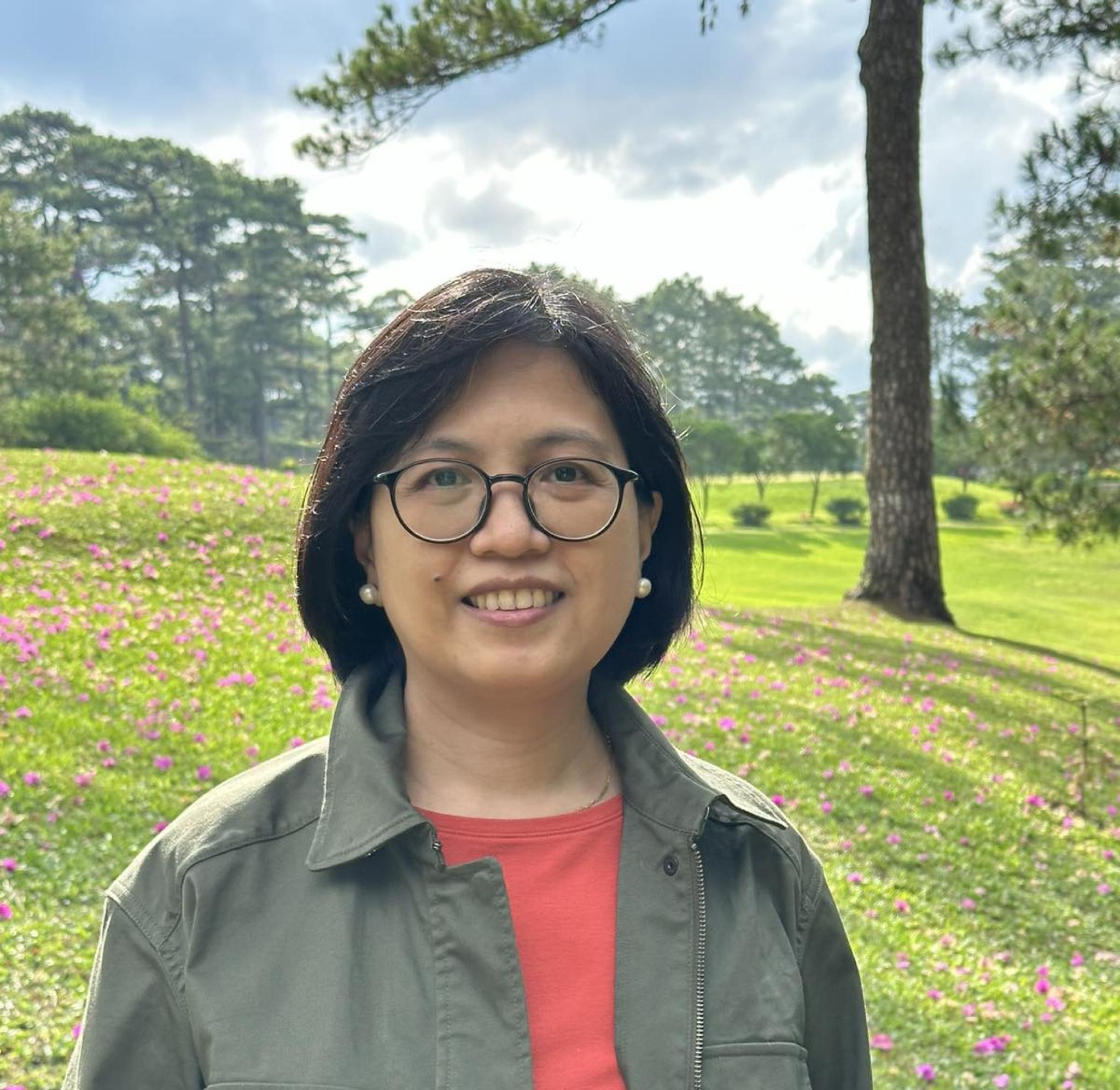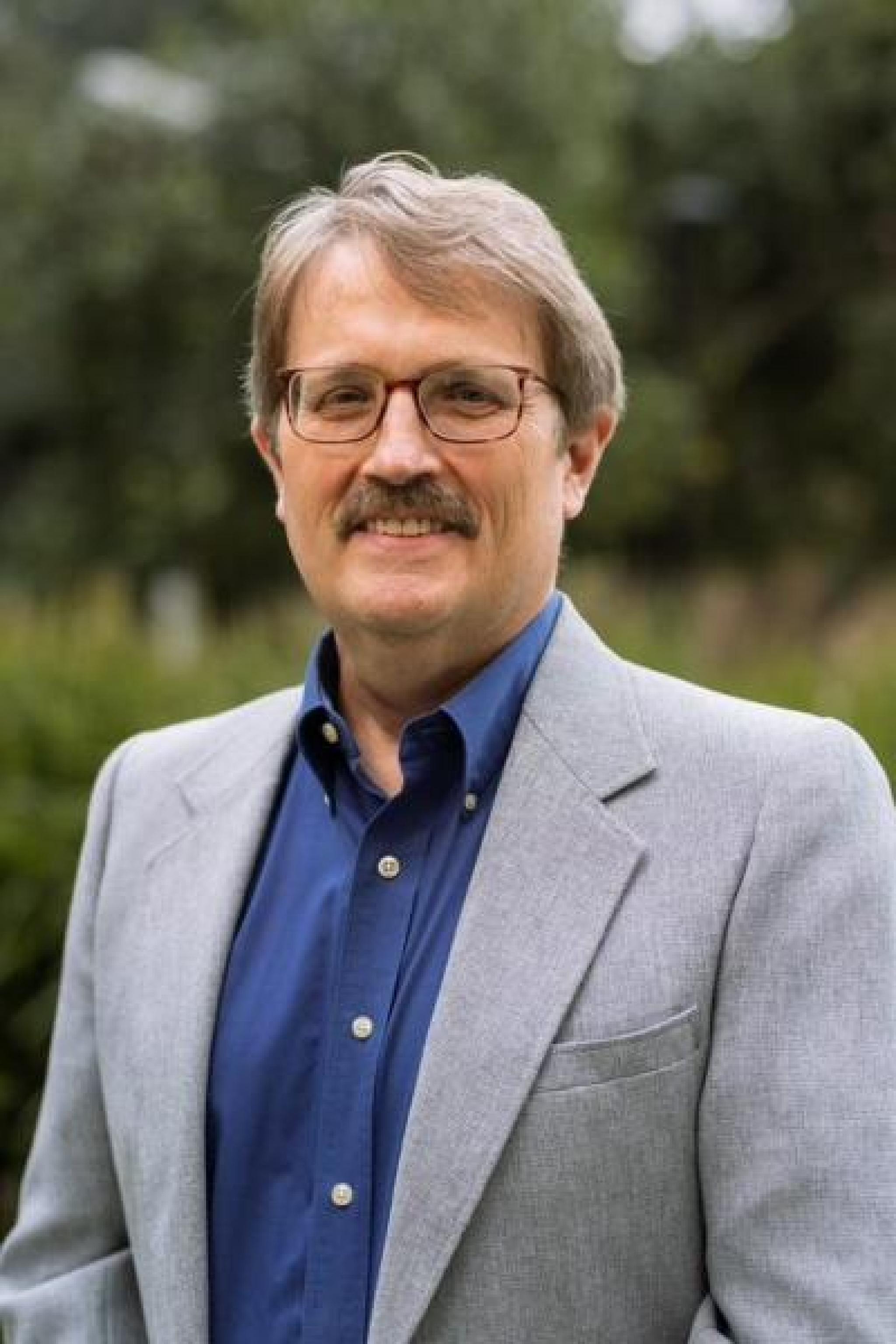Cleo Calimbahin, a professor in the Department of Political Science and Development Studies at De La Salle University, is currently a senior research fellow with the ANU Philippines Institute.
A panel of experts will explore how the Marcos-Duterte rivalry shaped the 2025 midterm elections, from shifting political alliances and electoral oversight to the role of social media and disinformation.
In a country where clan rivalries have long been a central feature of both national and local politics, few can match the current intensifying clash between the families of President Ferdinand ‘Bongbong’ Marcos, Jr. and former President Rodrigo Duterte.
Just three years ago, in the 2022 elections, the forging of a ‘Uniteam’ presidential-vice presidential ticket between Bongbong Marcos and Sara Duterte propelled them both to a historic landslide victory. Since then, their relationship has thoroughly unravelled. In February, after months of investigating allegations against the vice president, legislators in the largely Marcos-affiliated House of Representatives voted to impeach Duterte on several charges—including her late 2024 assassination threat against the president, the first lady, and the house speaker (first cousin of the president). In March, the Marcos administration allowed Interpol’s arrest of Rodrigo Duterte, who is now facing trial in the International Criminal Court on charges related to a murderous ‘war on drugs’ estimated to have killed more than 30,000 persons (mostly urban poor). The Senate is set to commence the vice president’s impeachment trial in July.
As both father and daughter await trial, Philippine voters went to the polls on 12 May to elect a total of more than 18,000 officials—from the senate and house of representatives to executive and legislative posts at provincial, city, and municipal levels. The four members of this panel will explore various dynamics of the midterm elections within the context of Marcos-Duterte clan rivalry. Paul Hutchcroft will begin by providing a brief survey of relations between the Duterte and Marcos families across the past decade, touching as well on the complicating factor of significant intra-familial tensions. Ronnie Holmes will then examine how the Marcos-Duterte rivalry influenced pre-election preferences and ultimately impacted the results, highlighting shifts in regional loyalties and the reconfiguration of political alliances across the country. Cleo Calimbahin, joining from Manila, will draw on her firsthand observation of electoral dynamics with particular focus on how the Commission on Elections fared in its oversight of the 2025 midterms (examining how it dealt with such problems as ‘red-tagging’, electoral violence, and foreign interference). Ross Tapsell, recently returned from watching the elections, will focus on trends in social media campaigning—including the role of disinformation strategies and networks. The seminar will conclude with ample opportunity to address questions from the online audience.
This webinar is co-hosted by the Department of Political and Social Change (PSC) and the ANU Philippines Institute.
If you require accessibility accommodations or a visitor Personal Emergency Evacuation plan please contact the event organiser.
Image by Carla Teng. Image design by Asia Media Centre. Accessed from Asia Media Centre. Republished under the CC BY-ND 4.0 license. No changes were made.

Cleo Calimbahin, a professor in the Department of Political Science and Development Studies at De La Salle University, is currently a senior research fellow with the ANU Philippines Institute.

Ronald Holmes, an alumnus of PSC, is also a faculty member of the Department of Political Science and Development Studies at De La Salle University as well as president of Pulse Asia Research Inc.

Paul Hutchcroft is a professor in PSC and senior project advisor to the ANU Philippines Institute.

Ross Tapsell is an associate professor at the ANU’s School of Culture, History and Language and a project advisor to the ANU Philippines Institute.

Mary Joyce Bulao, a PhD candidate in PSC, studies urban political machines in the Philippines alongside broader interests in elections and distributive politics. Prior to coming to ANU, she was faculty member and chairperson of the Social Sciences Department of the Ateneo de Naga University.